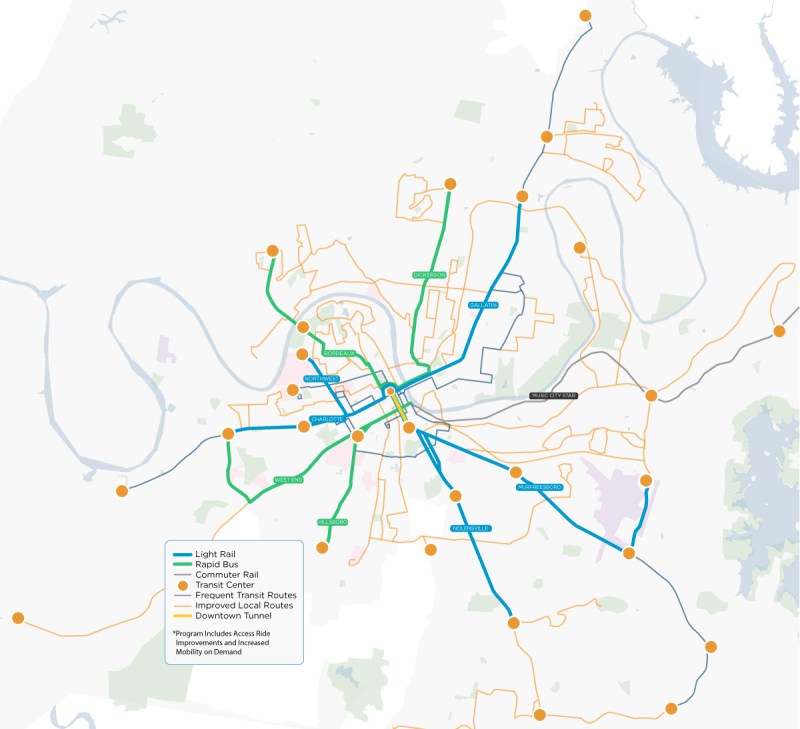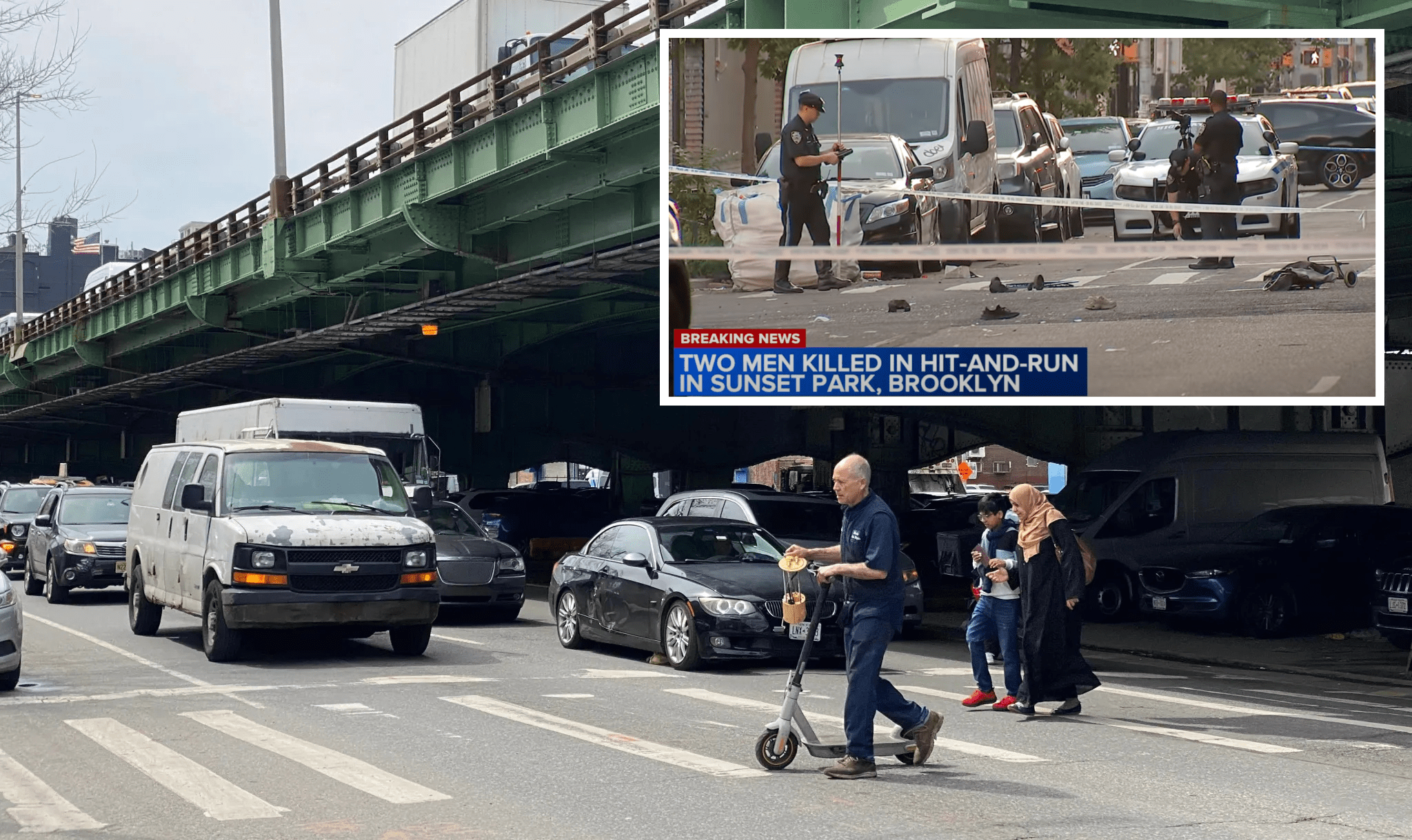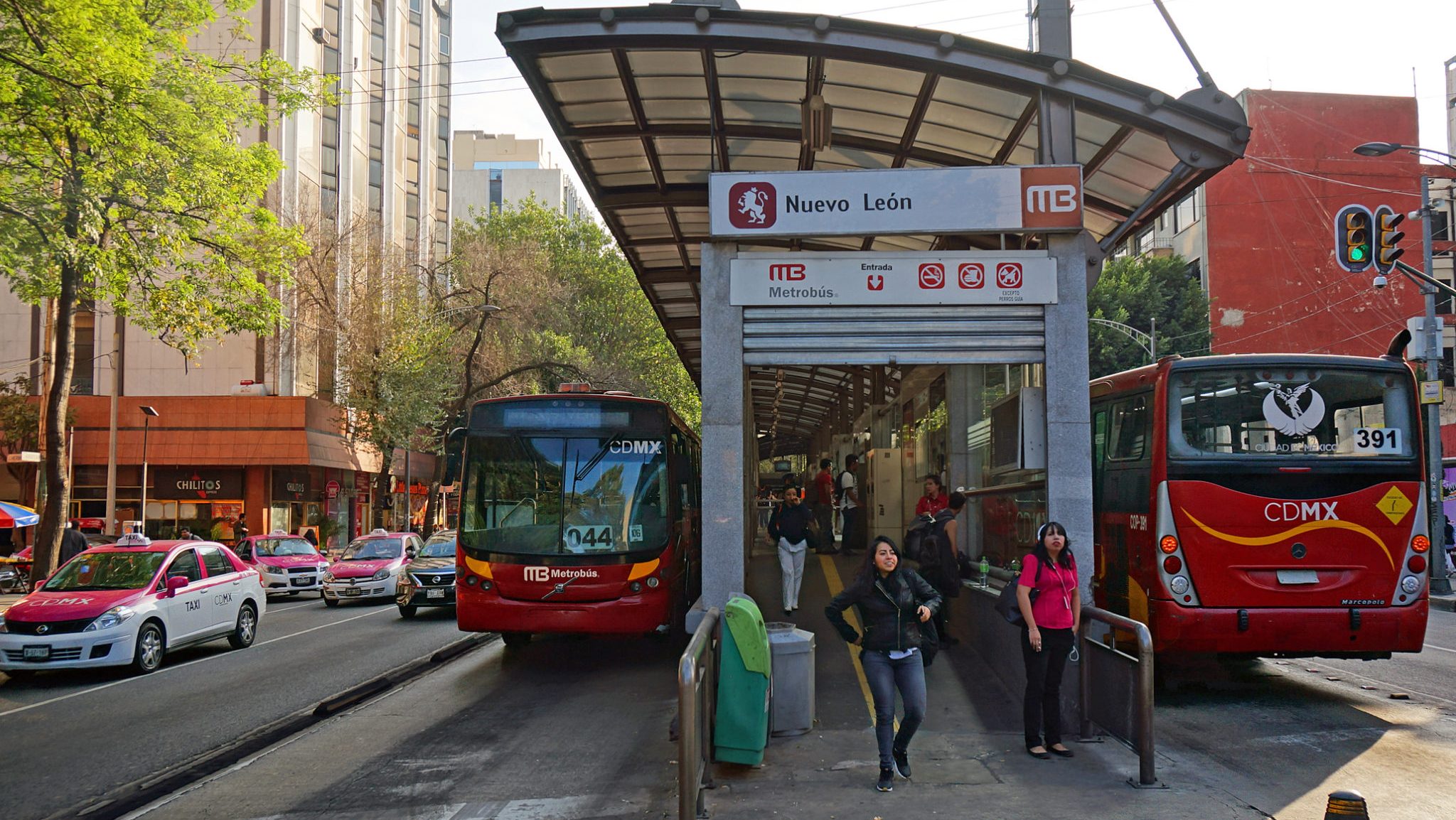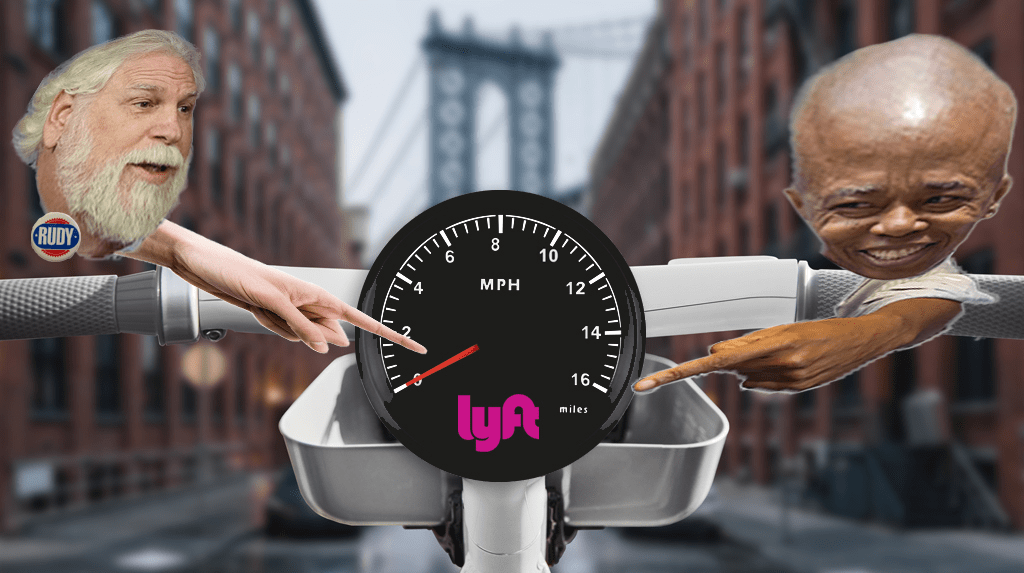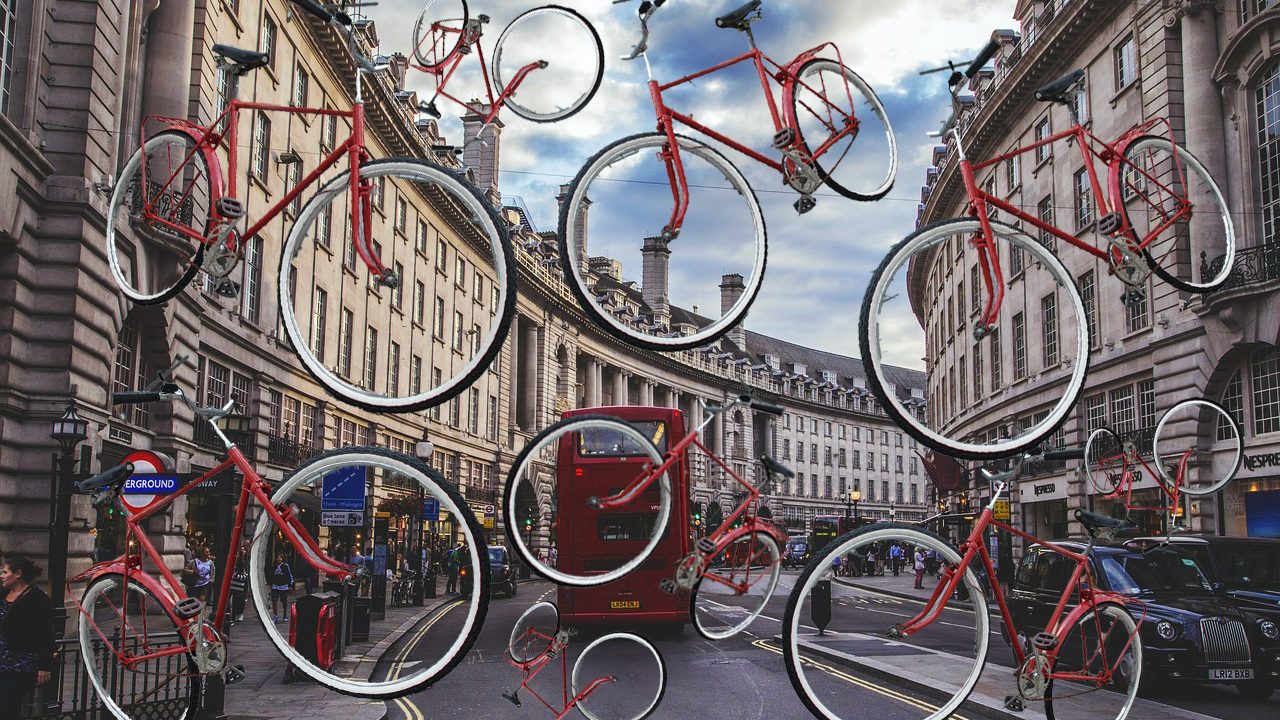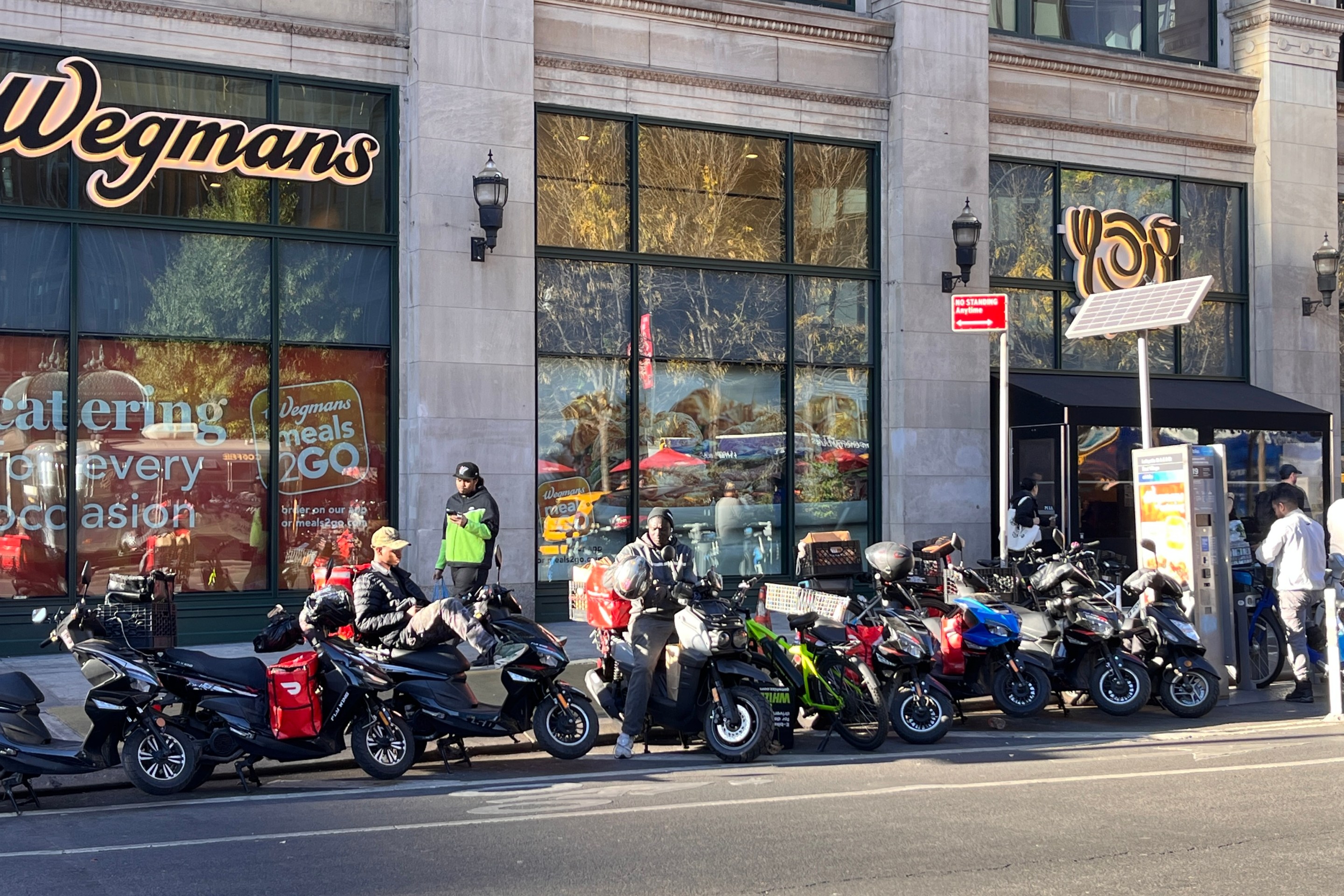Nashville is at an inflection point. The fast-growing region is adding about 30,000 residents a year, and its transportation system isn't keeping up.
Nashville's highways are clogged with car traffic. Most residents have no appealing alternative to sitting in gridlock. Many of the city's streets lack sidewalks. The transit network has very low ridership and receives scant public funding compared to peer cities.
This May, voters in Davidson County, most of whom live in Nashville, will decide whether to move forward with a $5 billion transit plan to create a network of light rail and bus rapid transit routes. Nashville Mayor Megan Barry has spearheaded the initiative, with support from the Nashville Chamber of Commerce.
But here comes the dark money. The Tennessean reports that "Americans for Prosperity," the primary weapon in the Koch brothers' right-wing activist arsenal, is mounting a campaign to defeat the ballot measure.
It's deja vu in Nashville, where Americans for Prosperity helped sink an earlier city plan for bus rapid transit, working through the GOP-led state legislature to threaten funding for the project. The May referendum would create a funding stream impervious to that kind of pressure.
It's also standard operating procedure for the Koch brothers, who've funded all sorts of assaults on transit through the various tentacles of their network. Their campaigns are typically based on deception, fearmongering, conspiracy theories, and appeals to tribalism.
Will their misinformation campaign work in Nashville?
Working in favor of the plan that Barry has put forward is its ambition and technical quality. It's both big enough to inspire and grounded in the details of what makes transit work well. If Nashville residents want to live in a place where walking and transit are viable travel options, this blueprint will deliver.
The expansion will add five light rail routes and five bus rapid transit routes, with a short downtown subway section to bypass the most intense surface traffic. Policy experts give the plan high marks for serving the areas of Nashville where transit ridership will be greatest.
The plan also calls for major increases in bus frequency, implemented quickly, as well as investments in pedestrian safety. It's a walk-to-transit plan, not a park-and-ride plan.
The big question is whether Nashville voters can envision a different future for the city. Most of Nashville today is low-slung and car-centric. The Koch-funded opposition will be making appeals to stick with the status quo that people are familiar with.
But if residents are ready for a change and want to opt out of gridlock, they can vote to turn the corner on traffic-choked sprawl and embrace a walkable future.
